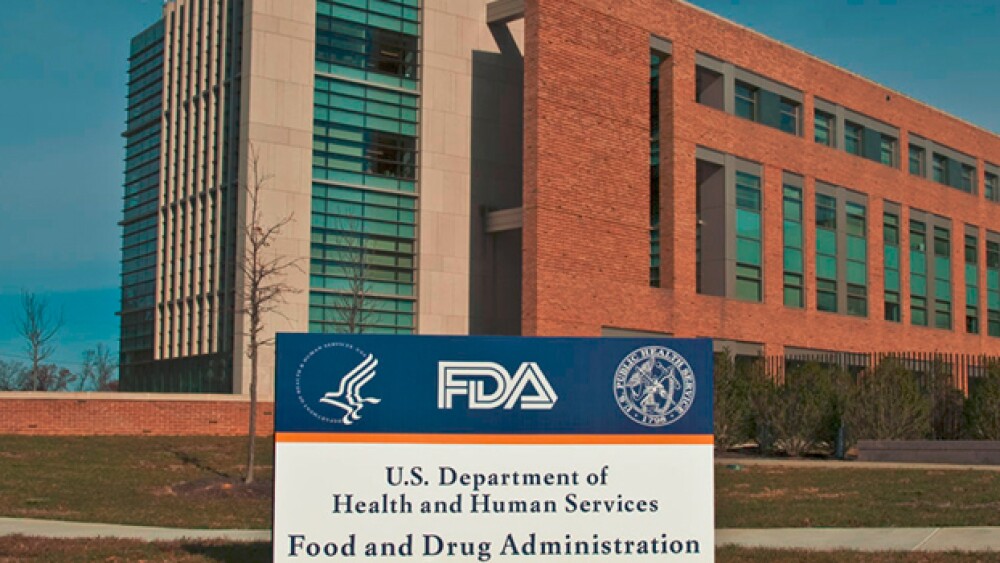The FDA is often publishing draft guidelines and asking for expert feedback on that guidance. It’s been a busy week in this regard, with several areas of healthcare and drug development and manufacturing being covered by the agency. Here’s a look.
To the general public, the U.S. Food and Drug Administration (FDA) primarily decides whether a drug is safe and effective or oversees food safety in the country. But the agency plays a larger role in providing information and guidelines on specific areas of drug development, manufacturing, and commercialization. As such, they are often publishing draft guidelines and asking for expert feedback on that guidance. It’s been a busy week in this regard, with several areas of healthcare and drug development and manufacturing being covered by the agency. Here’s a look.
NASH, which stands for non-alcoholic steatohepatitis, is sometimes called the “silent” liver disease. It resembles alcoholic liver disease but appears in people who drink little or no alcohol. It can be quite severe and lead to cirrhosis. There are no specific treatments aside from weight loss, increased physical activity, and avoiding alcohol and unnecessary medications.
On Monday, the FDA issued draft guidance for biopharma companies on developing therapies for NASH with liver fibrosis. The FDA wrote, “Currently, there are no approved drugs for the treatment of NASH. Given the high prevalence of NASH, the associated morbidity, the growing burden of end-stage liver disease, and the limited availability of livers for organ transplantation, FDA believes that identifying therapies that will slow the progress or, halt, or reverse NASH and NAFLD will address an unmet medical need.”
NAFLD stands for non-alcoholic fatty liver disease.
In a related topic, ProSciento, a clinical research organization (CRO) exclusively working on metabolic diseases, announced the formation of a NASH Roundtable, which will provide the biopharma industry access to a leading group of experts to consult on clinical study design, patient access strategies, biomarker utilization, and endpoint selection.
The FDA also formally recognized a public database that contains data about genes, genetic variants and how they relate to disease. The database is the Clinical Genome Resource (ClinGen) consortium’s ClinGen Expert Curated Human Genetic Data, funded by the National Institutes of Health (NIH).
The FDA believes that by recognizing this particular database, it will “facilitate test developers, including those that use a technology known as next-generation sequencing, to rely on the information available in the database to support the validity of their tests, instead of having to generate the information on their own.”
Whether researchers and biopharma companies will agree remains to be seen. In the past, many companies preferred to use their own databases and utilize it as proprietary information. There are also hundreds, potentially thousands, of well-established and highly-regarded genetics databases to draw from.
The FDA also recently issued draft guidance on post-approval changes for drug substances. Biopharma companies quickly commented on the guidance, and little of it was positive. The Regulatory Affairs Professionals Society (RAPS) notes, “The draft guidance covers facility, scale and equipment changes associated with all steps of drug substance manufacturing; specific changes to starting materials, raw materials, intermediates and the unfinished and final drug substance; synthetic manufacturing process changes; changes in the source of drug substance; and changes to container closure system of the drug substance.”
Paris-based Sanofi commented, “It does not seem to incorporate many of the approaches and concepts for simplification of post-approval changes that have been included in ICH Q12 (International Council for Harmonisation): Technical and Regulatory Considerations for Pharmaceutical Lifecycle Management.”
Eli Lilly also weighed in, writing that it is “often more conservative and more prescriptive” than current guidance, “particularly in an environment when ICH Q12 is recognizing that too many changes require regulatory reporting and often at too high a reporting level, stifling innovation and creating potential global supply challenges.”
Other companies offering mostly criticism included AbbVie, AstraZeneca, Gilead Sciences, Boehringer Ingelheim and Vertex.





